Kosher Food
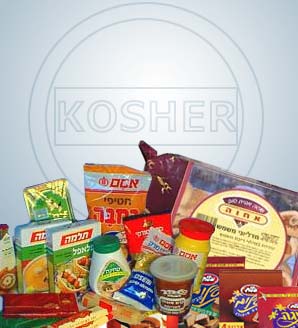
The Kashrut is the Jewish law that prescribes what foods must be eaten and how they must be prepared. Kosher food is an important aspect of Judaism and is followed strictly by many an orthodox Jew. Kosher means 'fit' or 'proper' in Hebrew. Kosher food is not about a special type of cooking. Instead it is an ancient set of rules that prescribe how food must be cooked and used. Read up this simple guide to understanding Kosher food principles.
Kosher food guide
The ancient laws of the Kashrut may have been enforced on grounds of hygiene. Some animals were considered healthier to eat than others. Scavenger birds and meat that can harbor harmful parasites were made taboo. Kosher food dwells on these primary conditions:
- Dairy produce and meat must not be cooked or mixed together. The rules for ensuring that meat and dairy do not mix also extend to separate cooking vessels. Those that do not fall into either category are called pareve or neutral food. Meat and dairy products must not be consumed together. If a product has animal fat along with dairy ingredients, it becomes unkosher.
- Grape products made by non-Jews is not consumed.
- Unkosher meat such as pork, shellfish must not be consumed. Flesh, milk and eggs of forbidden animals are not to be consumed. Shellfish, lobster, clams and oysters and scallops and crabs are not allowed in Kosher food Land animals are kosher if their hooves are split and they chew their cud. Thus pigs are not kosher. Fish must have fins and scales, which explains why shrimp and crab are not kosher
Kosher rules for using meat
- Animals used for meat must be slaughtered according to Jewish ritual.
- Ingesting blood is taboo and therefore liver must be broiled before use.
- Meat can be made kosher by soaking and salting or by sprinkling with salt and broiling. The meat is soaked in cool water and after the excess water is drained, the meat is thoroughly salted so that the entire surface is coated with a thin layer of coarse salt. Allow the blood to flow down. This meat must then be consumed within 72 hours. Meat must not be cooked prior to koshering.
Shopping for kosher food
The kosher food industry in the US is growing since some of the dictates of the Kosher law find favor with Muslims too. It is estimated that nearly 40% of retail food products bear Kosher certification. You can pick up kosher meat from a butcher who is under the supervision of a Rabbi. Kosher meat is usually stamped with a metal tag (plumba) that serves as identification.
The Kosher logo is prominently displayed on the packaging. Most pre-packaged food items bear kosher certification. But kosher meat and poultry may be costlier than regular meat products. For authentic kosher food products, you can shop in exclusive stores selling only kosher products. Alternatively look for the seal of rabbinic supervision on packaged food. Some of the registered Kashrut symbols are stamped on them. Don't be surprised to find kosher Dim sum, Thai spring rolls and enchiladas.
There have been instances of controversies over whether some food is kosher or not. Take the case of yogurt - a nutritious food that is tasty and popular. Many manufacturers add gelatin to make it creamier and keep the fruits suspended within. It reduces caloric content and serves as a bulking agent.
But gelatin is an animal product and therefore when used in combination with yogurt, it is considered unkosher to consume yogurt. Natural colorings are another area of controversy. For example, a food coloring made from a shellfish would be considered unkosher and would taint the food in which it might be used.
Top of the Page: Kosher Food
Tags:#kosher food
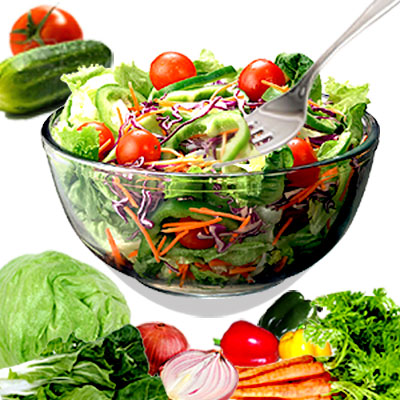 Food and Nutrition Facts
Food and Nutrition Facts Chamomile
Parsnip Soup
Dim Sum
Gazpacho Soup
Whole Grain Cereal
Jicama Nutrition
Bok Choy Stir Fry
Chia Seeds Benefits
Teff Nutrition
Kaniwa
Flax Seed
Wheatgrass Benefits
Kelp Benefits
Types of Chili Peppers
Medicinal Benefits of Pomegranate
Arugula Leaves
Maca Root
Pitaya Fruit
Benefits of Celery
Leek
Asparagus Benefits
Oyster Stew
Oyster Mushroom
Lupin Beans
Quinoa
Freekeh
Extra Virgin Olive Oil
Dill Pickle
Sauerkraut
Fat Burning Foods
Nutrition Chart
Food Combining
Calorie Counter
calories ...
Non Alcoholic Beverage
Punch Recipes
Food Label Nutrition
Homemade Sausages
Cooking Steak
Eating on a Budget
Budget Friendly Recipes
Quick Recipes
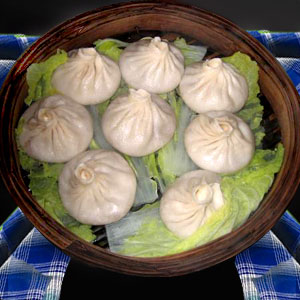 Healthy Packed Lunch
Healthy Packed Lunch Overnight Oats Recipes
Eggplant Casserole
Brunch Recipes
Burrito Recipes
Muffin Recipes
Cupcake Frosting
Apple Crisp
Stir Fry Cooking
Seafood Salad Recipe
Cooking Corn on the Cob
Finger Food Recipe
Sandwich Recipe
Bread Stuffing Recipes
Easy Chili Recipes
Picnic Recipes
Edible Mushroom Recipes
Mushroom Soup Recipes
Dip Recipe
Tapas Recipe
Corned Beef Recipe
Canned Salmon Recipe
Tilapia Recipes
Crumb Cake
Flourless Chocolate Cake
Regional Food
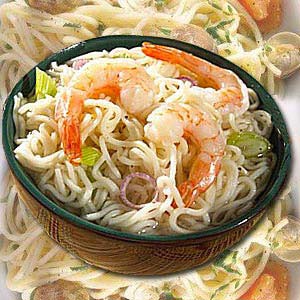 Lasagna Recipe
Lasagna Recipe Peruvian Ceviche
Chinese Food Recipe
Vietnamese Food Recipe
Malaysian Food
Korean Food Recipe
Indian Curry Recipe
Edible Rice Paper
Mexican Food Recipe
Quesadilla
Guacamole Dip
Italian Food Recipe
Spanish Food Recipe
Kosher Food
Falafel Recipe
Tandoori Chicken
Noodles
Canape
Couscous
Meatloaf
Chowder
Gumbo Recipe
Crockpot Recipes
Moroccan Food
Healthy Food
Pre Workout Snack
Matcha Tea
Simple food Swaps to Lose Weight
Foods to Beat Stress
Foods to beat Insomnia
Bone Density Foods
Prebiotic Foods
Kefir Grains
Agave Nectar
Spicy Trail Mix
Pesto Sauce
Homemade Hummus
Crab Cake Sauce
Bamboo Shoots Nutrition
Lemon Grass Plant
Butter Beans Recipes
Loose Green Tea
Seaweed Nutrition
Healthy Food
Low Fat Granola Bar
Steel Cut Oatmeal
Fruit Pizza
Pizza Toppings
Green Smoothie
Healthy Meal Planning
Delicious Mealtime Recipes
Heart Healthy Fats
Healthy Heart Recipe
Healthy Dinner Recipe
Healthy Dessert Recipe
Healthy Fast Food
Healthy Kid Recipe
Probiotic Food
Diabetic Friendly Foods
Fruit Salad Recipe
Bread Pudding
Tofu Recipe
Oat Bran
Broccoli Salad
Avocado Recipe
Iron Rich Food
Brain Foods
Antioxidant Food
Natural Diuretic
Low Fat Cooking Tips
Rice Pilaf Recipe
Low fat Chicken Recipe
Food Tips
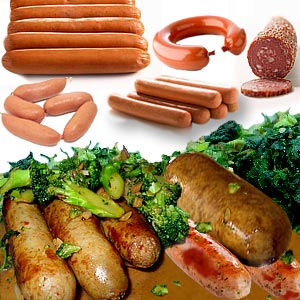
Sous Vide Cooking Technique
Natural Sugar Substitute
Stevia Sugar Substitute
Sunflower Seeds Nutrition
Bouquet Garni
Cake Decorating Tips
High Satiety Foods
Thanksgiving Dinner
Safe Food Storage
Frozen Food Storage Tips
Cold Storage Food Tips
Leftover Recipe
Food Pyramid
Dairy Free Food
Microwave Cooking
Food Intolerance
Homemade Ice Cream
Apple Cider Vinegar
Benefits of Honey
Beverage Cooler
Food Poisoning Symptom
Food Allergy Symptom
Food Addiction
Top of the Page: Kosher Food
Popularity Index: 100,889

